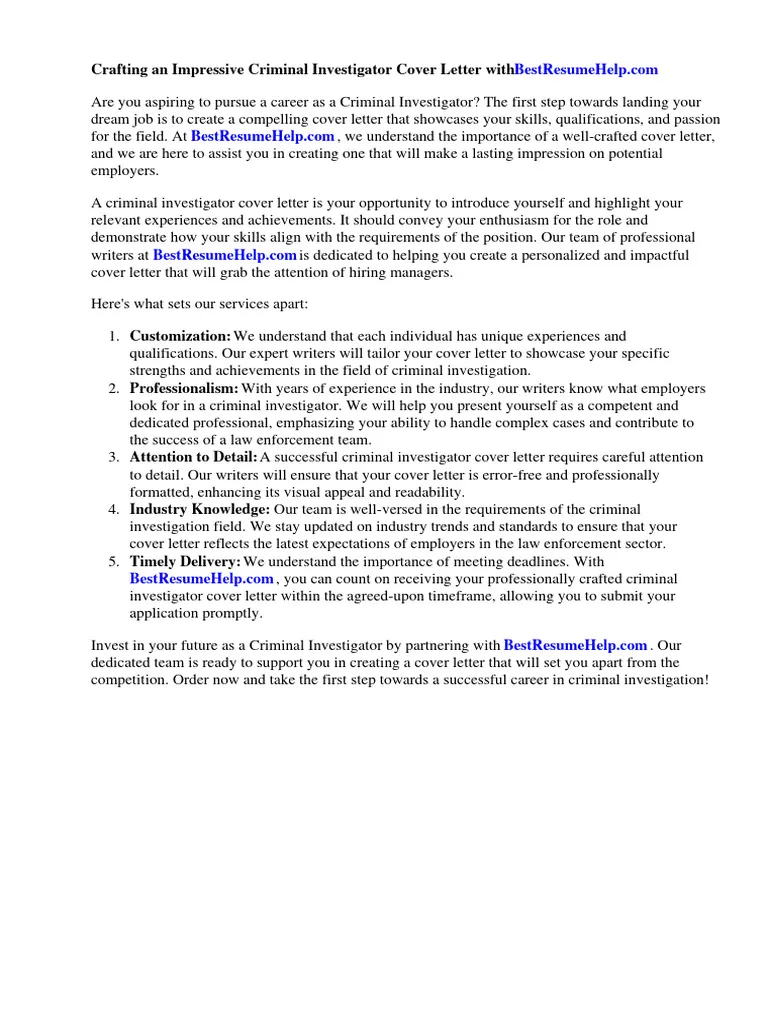What is a Criminal Justice Cover Letter?
A criminal justice cover letter is a crucial document that accompanies your resume when applying for jobs in the criminal justice field. It serves as your personal introduction, providing an opportunity to showcase your skills, experience, and passion for the profession. Unlike a resume, which presents a factual overview of your qualifications, a cover letter allows you to explain why you are the ideal candidate and how your unique qualities align with the specific requirements of the job. Crafting a compelling cover letter is essential for making a positive first impression and increasing your chances of getting hired. It allows you to go beyond the bullet points of your resume and tell a story, highlighting your personality, enthusiasm, and commitment to the criminal justice system.
The Importance of a Criminal Justice Cover Letter
In a competitive job market, a well-written cover letter can make a significant difference in your application. It demonstrates your communication skills, attention to detail, and genuine interest in the position. Criminal justice employers often look for candidates who can articulate their motivations and demonstrate a clear understanding of the role. A cover letter offers the perfect platform to do just that. It’s your chance to stand out from other applicants by expressing your unique value proposition and illustrating why you’re the best fit for the job.
Why is a Cover Letter Essential?
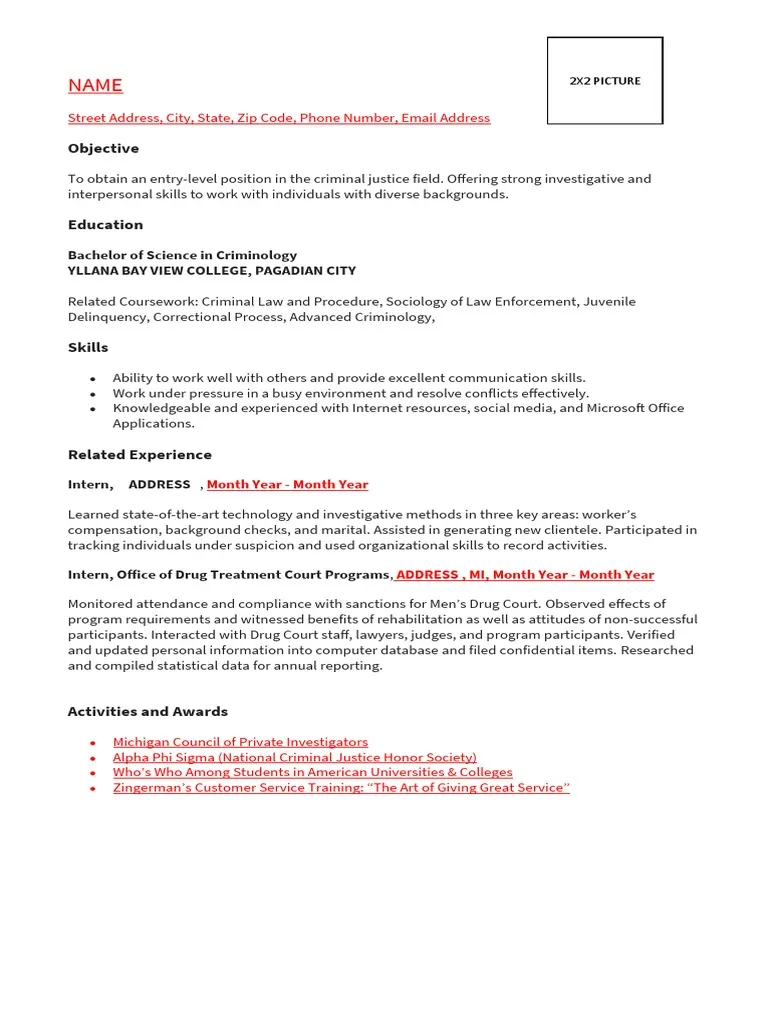
A cover letter is essential because it allows you to personalize your application. You can tailor it to the specific job and employer, demonstrating that you’ve taken the time to research the organization and understand their needs. It’s also an opportunity to address any potential concerns or gaps in your resume, such as a career change or a period of unemployment. By proactively addressing these issues, you can reassure the hiring manager and demonstrate your honesty and transparency.
Cover Letter vs. Resume
While a resume provides a concise summary of your qualifications, a cover letter expands on those points. It allows you to provide context and explain how your skills and experiences align with the job requirements. Think of your resume as the “what” (your skills and experience) and your cover letter as the “why” (why you’re the right person for the job). The cover letter allows you to elaborate on your resume points, share your career goals and explain your passion for the field, adding depth to your application and making it more compelling.
Key Components of a Winning Cover Letter
A successful criminal justice cover letter follows a standard format while showcasing your unique qualifications. The key components include your contact information, a professional greeting, a captivating opening paragraph, a body that highlights your skills and experience, a demonstration of your passion, a strong call to action, and a professional closing.
Contact Information & Date
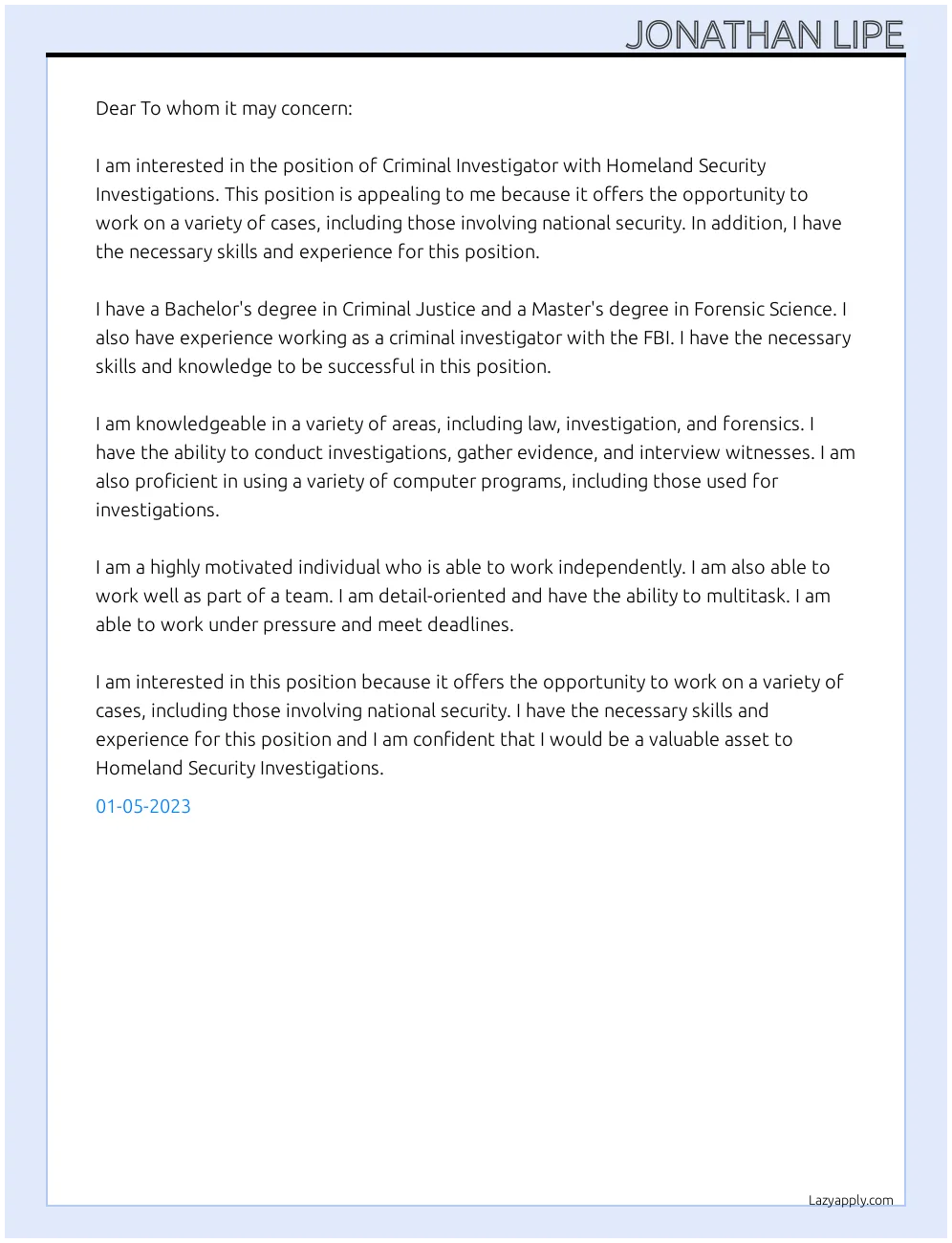
Start with your full name, address, phone number, and email address at the top of the letter. Include the date below your contact information. This ensures that the employer knows how to reach you and that your letter is current. Make sure your contact details are accurate and professional. Use a professional email address, and double-check all information before submitting your application.
Greeting
Address the hiring manager by name if possible. Research the company and try to find out the name of the person who will be reviewing your application. If you can’t find a name, use a professional greeting such as “Dear Hiring Manager.” Avoid generic greetings like “To Whom It May Concern” as it shows a lack of effort and attention to detail. Addressing the recipient by name shows you’ve taken the time to find out the name of the hiring manager.
Opening Paragraph: Captivating the Reader
The opening paragraph is your chance to grab the reader’s attention. State the position you are applying for and how you learned about it. Briefly highlight your most relevant skills or experiences and express your enthusiasm for the role. This should be a concise and compelling summary of why you are a strong candidate. Start with a strong statement that immediately captures the reader’s interest. Express your enthusiasm for the position and the company. This shows your initiative, passion, and genuine interest in the opportunity.
Highlighting Your Skills and Experience
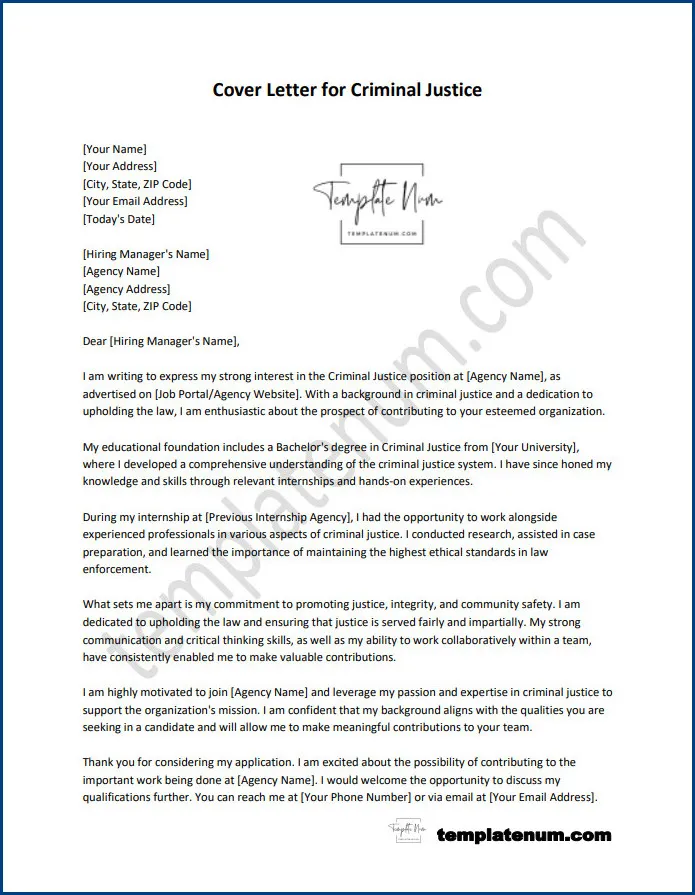
The body of your cover letter should expand on your skills and experience. Use specific examples to illustrate how your qualifications align with the job requirements. Focus on the skills that are most relevant to the position, such as communication, problem-solving, critical thinking, and attention to detail. Use action verbs to describe your accomplishments and quantify your achievements whenever possible. Showcase your proficiency in relevant software or tools, and demonstrate your ability to work effectively in a team and independently.
Quantifiable Achievements
Whenever possible, quantify your achievements to demonstrate the impact of your work. Use numbers to show how you improved processes, reduced costs, or increased efficiency. For example, you might say, “Managed a caseload of 50+ clients, consistently exceeding performance goals.” Quantifiable achievements provide concrete evidence of your abilities and make your cover letter more persuasive. Using numbers helps to demonstrate the impact of your work and gives the reader a clearer understanding of your skills and abilities.
Tailoring to the Job Description
Carefully review the job description and tailor your cover letter to match the specific requirements and keywords. Highlight the skills and experiences that are most relevant to the position and use the same terminology as the job posting. This demonstrates that you’ve taken the time to understand the role and that you possess the qualifications the employer is seeking. Tailoring your cover letter to the job description demonstrates to the hiring manager that you’ve paid close attention to the requirements of the role.
Demonstrating Passion for Criminal Justice
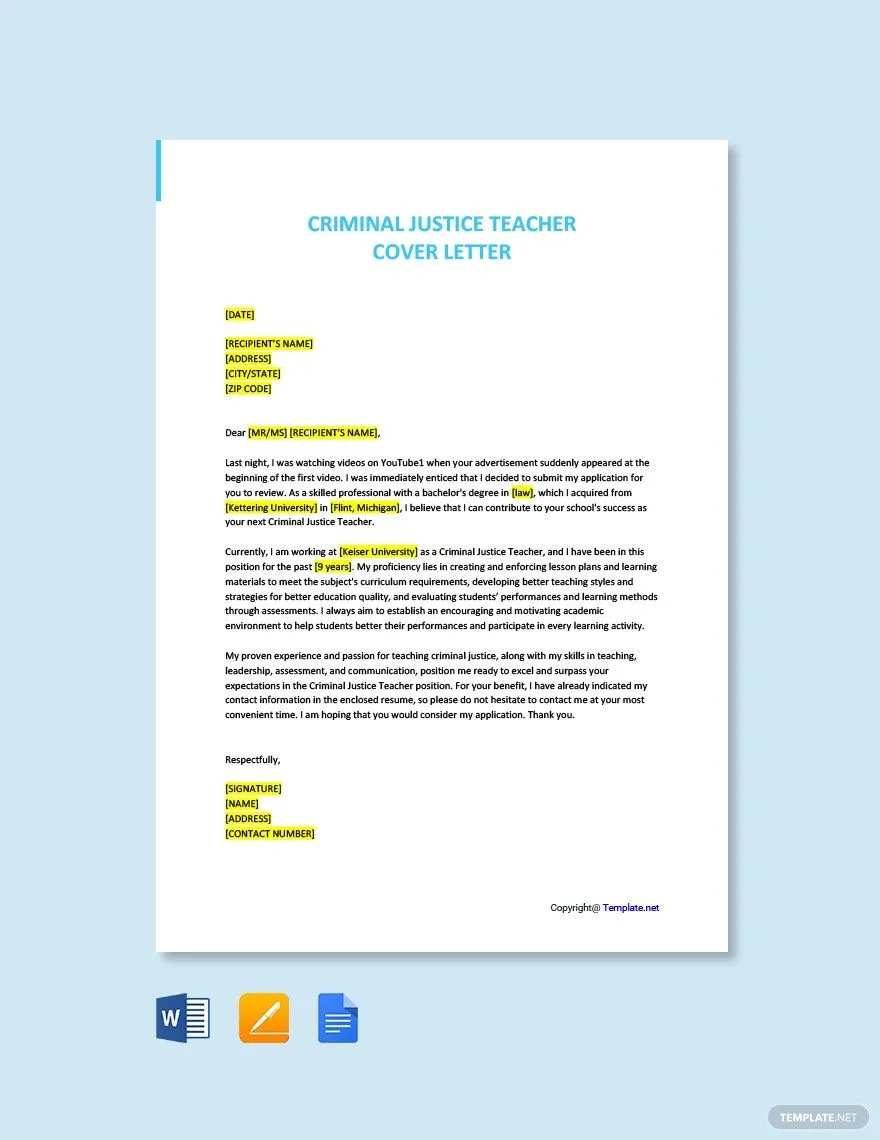
Express your genuine interest in the criminal justice field and the specific organization. Explain why you are passionate about the work and what motivates you to pursue a career in this area. This shows the hiring manager that you are not just looking for a job but that you are committed to making a positive impact. Share your career goals and how this position aligns with your aspirations. Showing genuine interest and passion is essential for a successful application. Demonstrate your understanding of the field and the challenges that come with it.
The Call to Action & Closing
End your cover letter with a call to action, expressing your interest in an interview. Thank the hiring manager for their time and consideration and reiterate your enthusiasm for the position. Use a professional closing, such as “Sincerely” or “Best regards,” followed by your full name. Clearly state your availability for an interview and provide your contact information one more time. Reiterate your enthusiasm for the role and your desire to contribute to the organization. A strong closing leaves a lasting positive impression on the hiring manager.
Formatting and Proofreading Tips
Proper formatting and proofreading are essential for a professional cover letter. Use a clear and easy-to-read font, such as Times New Roman or Arial, and maintain consistent formatting throughout the document. Pay close attention to grammar, spelling, and punctuation, and proofread your letter carefully before submitting it. A well-formatted and error-free cover letter demonstrates your attention to detail and professionalism.
Formatting for Readability
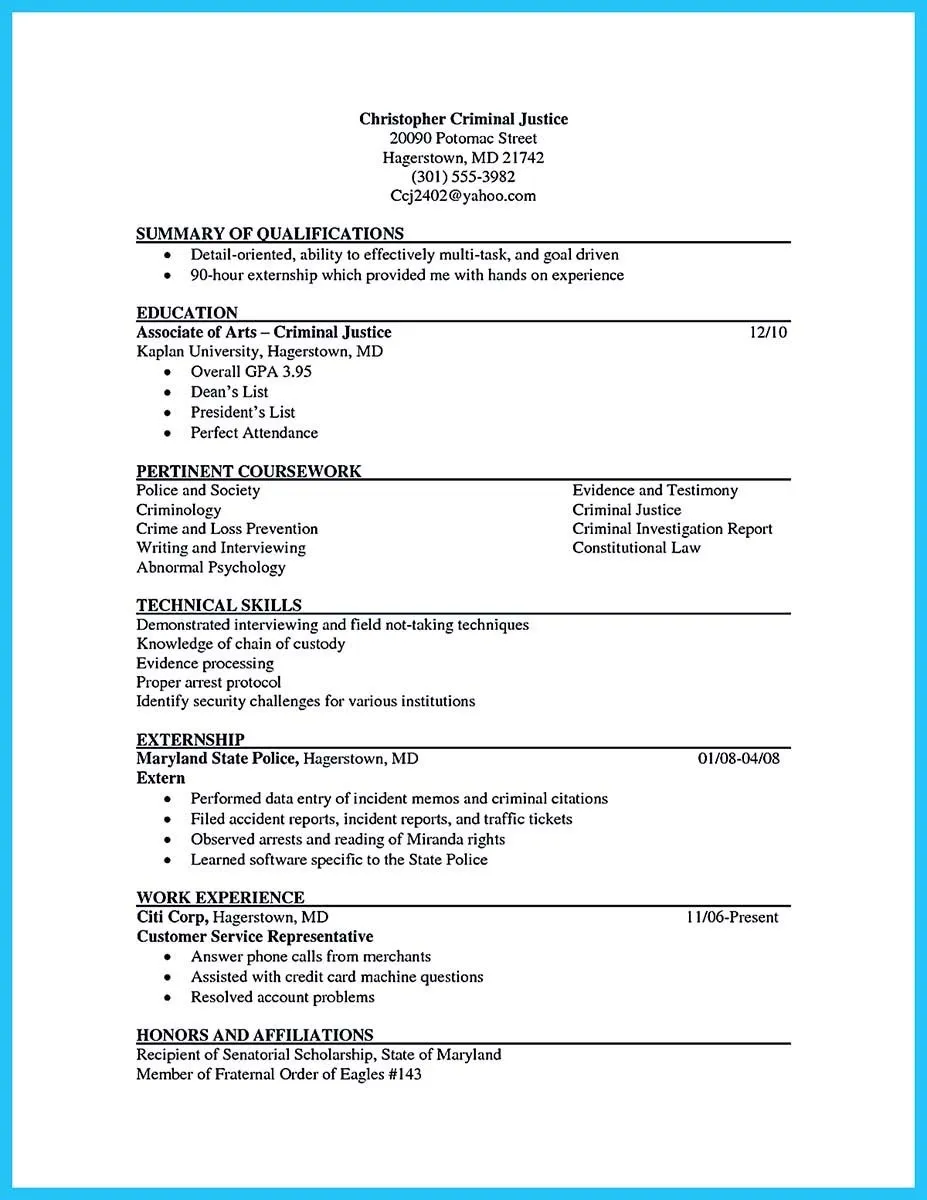
Use a professional font size (11 or 12 points) and maintain consistent spacing. Use single spacing within paragraphs and double spacing between paragraphs. Left-align your text and use a standard margin of one inch on all sides. Keep your paragraphs concise and to the point. Break up long blocks of text with bullet points or numbered lists to make your letter more readable. Employ formatting to highlight key information and make it easier for the reader to scan.
Proofreading for Errors
Proofread your cover letter carefully for any errors in grammar, spelling, or punctuation. Use spell check and grammar check tools, but don’t rely on them entirely. Read your letter aloud to catch any awkward phrasing or typos. Ask a friend or family member to proofread your letter as a fresh pair of eyes can often spot mistakes that you may have missed. Ensure that your cover letter is free of errors. A single mistake can make your application look unprofessional.
Keywords and SEO Optimization
Use keywords from the job description in your cover letter to help it get noticed by applicant tracking systems (ATS). These systems scan your application for relevant keywords and may filter out applications that don’t include them. However, be careful not to stuff your cover letter with keywords. Make sure they fit naturally within the context of your sentences. Integrate relevant keywords naturally to ensure that your cover letter gets through the ATS and captures the attention of the hiring manager.
Common Mistakes to Avoid
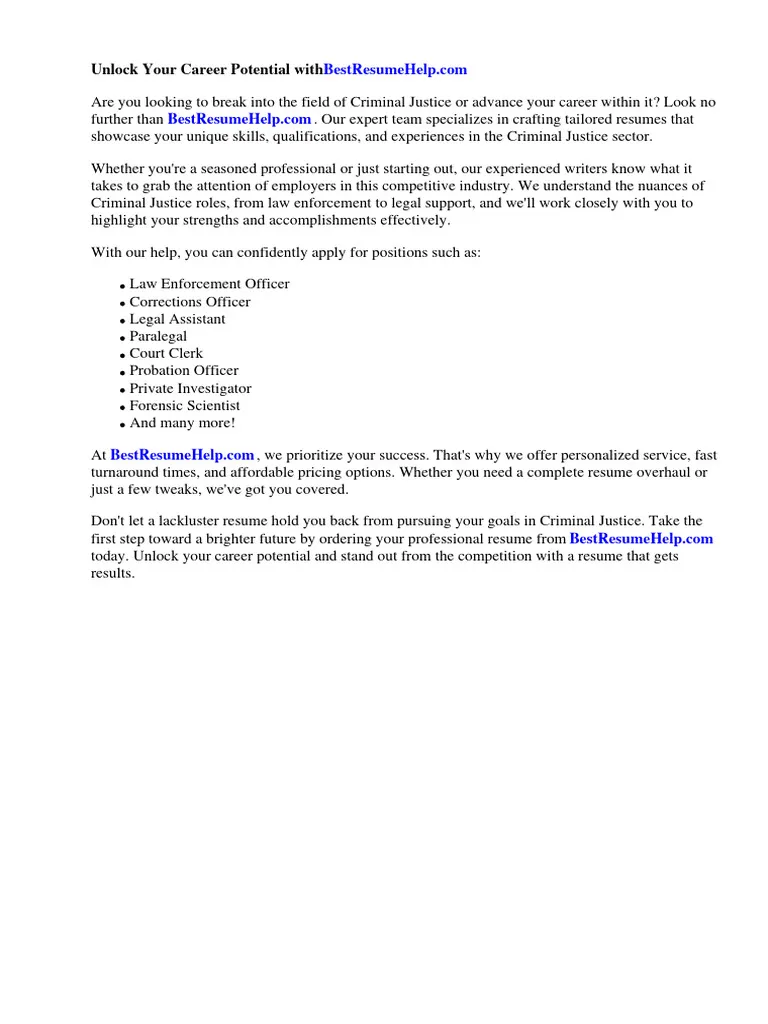
Avoid these common mistakes to ensure your cover letter makes a positive impression. These errors can undermine your application and decrease your chances of getting an interview. By avoiding these pitfalls, you can significantly improve the effectiveness of your cover letter.
Generic Cover Letters
Avoid using generic cover letters that are not tailored to the specific job and employer. Such letters show a lack of effort and a lack of genuine interest in the position. Always customize your cover letter to match the job description and the needs of the organization. Generic cover letters lack personalization and fail to highlight your unique skills and experiences. Customize each cover letter you send to demonstrate your understanding of the role and organization.
Typos and Grammatical Errors
Typos and grammatical errors can damage your credibility and make you appear unprofessional. Always proofread your cover letter carefully before submitting it. Use spell check and grammar check tools, and consider having someone else review your letter as well. Typos and grammatical errors can be a major turnoff for hiring managers, so proofreading is essential. Errors can make you look careless and diminish your chances of being taken seriously.
Failing to Highlight Relevant Skills
Failing to highlight the skills and experiences that are most relevant to the job is a common mistake. Review the job description carefully and make sure to emphasize the skills and experiences that the employer is seeking. Use specific examples to illustrate how you have demonstrated those skills in the past. Failing to highlight relevant skills makes it difficult for employers to see your qualifications and can lead to your application being overlooked. Showcase the skills most valued by the hiring organization.
Cover Letter Examples and Templates
Using cover letter examples and templates can be helpful, but make sure to customize them to your specific situation. Tailoring these resources will make your cover letter unique and effective. These resources can provide a starting point for your own cover letter, but remember to customize the content to reflect your own skills and experiences.
Where to Find Examples
You can find cover letter examples and templates online, from career websites and professional organizations. Many websites offer free templates and samples that you can adapt for your own use. Be sure to choose examples that are relevant to your field and the type of job you are applying for. Use these examples as a starting point, but personalize them. Resources provide guidance and structure, but the content should be tailored to your unique situation.
Using Templates Effectively
When using a cover letter template, customize it to reflect your unique qualifications and the specific job requirements. Don’t simply copy and paste the template. Replace the generic information with your own details, and tailor the content to match the job description. Modify the template to showcase your own skills, experience, and enthusiasm. Tailoring the template to the specific role makes your application more relevant and compelling.
Final Thoughts
A well-crafted criminal justice cover letter can significantly improve your chances of landing your dream job. By following these tips and avoiding common mistakes, you can create a cover letter that effectively showcases your skills, experience, and passion for the field. Remember to tailor your cover letter to each specific job, proofread carefully, and always express your enthusiasm for the opportunity. By following these guidelines and constantly refining your approach, you can increase your chances of standing out and making a lasting impression on potential employers. Good luck with your job search!
